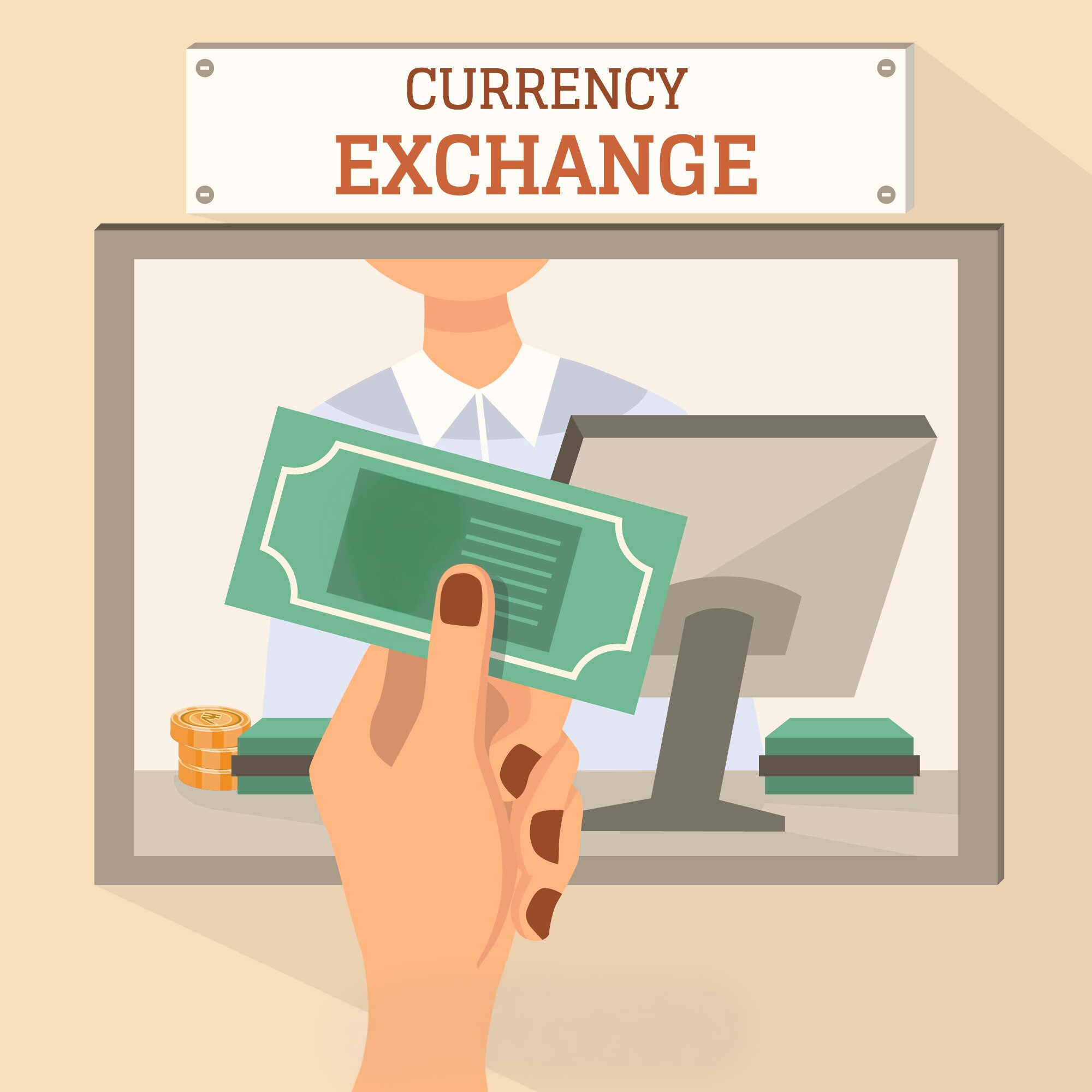Causes of exchange rate changes
Exchange rates are the prices at which currencies are exchanged. They constantly change due to various factors. One primary reason for exchange rate changes is supply and demand for currencies. If many people want to buy a particular currency, its value increases. Conversely, if fewer people want a currency, its value decreases.
Interest rate differences between countries also play a significant role. When a country has higher interest rates compared to others, investors prefer to invest their money there to get better returns. This increases the demand for that country's currency, causing its value to rise.
Inflation, which means the rise in prices of goods and services, affects exchange rates too. If a country has high inflation, its currency loses value compared to others. People would rather hold currencies from countries with lower inflation since their money retains value better.
Economic and political stability is another crucial factor. Countries with stable economies and politics attract more investments, increasing the demand for their currency and boosting its value. On the other hand, political unrest or economic problems decrease confidence in a currency, leading to a drop in its value.
The trade balance, which is the difference between a country's exports and imports, impacts exchange rates as well. If a country exports more than it imports, the demand for its currency rises, increasing its value. Conversely, if a country imports more than it exports, its currency value drops.
Speculation, where traders buy and sell currencies hoping to profit from changes in exchange rates, can also cause fluctuations. If many traders believe a currency will rise in value, they buy it, causing its value to increase. If they think it will drop, they sell it, leading to a decrease in value.
Currently, the exchange rate between the euro and yen is experiencing significant fluctuations. One reason is the different economic situations in Europe and Japan. Europe is facing various economic challenges, while Japan's economy is relatively stable. Moreover, the interest rate differences between the European Central Bank and the Bank of Japan are influential. The Bank of Japan maintains very low interest rates, while the European Central Bank is raising rates to combat inflation. This makes the yen more attractive.
In summary, exchange rates are influenced by supply and demand, interest rate differences, inflation, economic and political stability, trade balance, and speculation. These factors often act together, causing exchange rates to change quickly and unpredictably.










